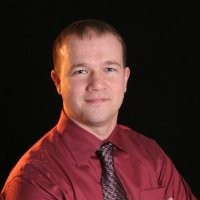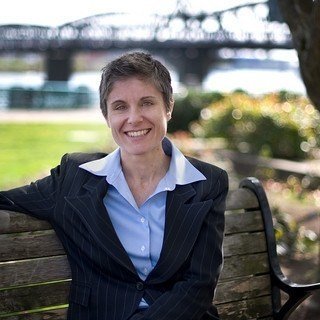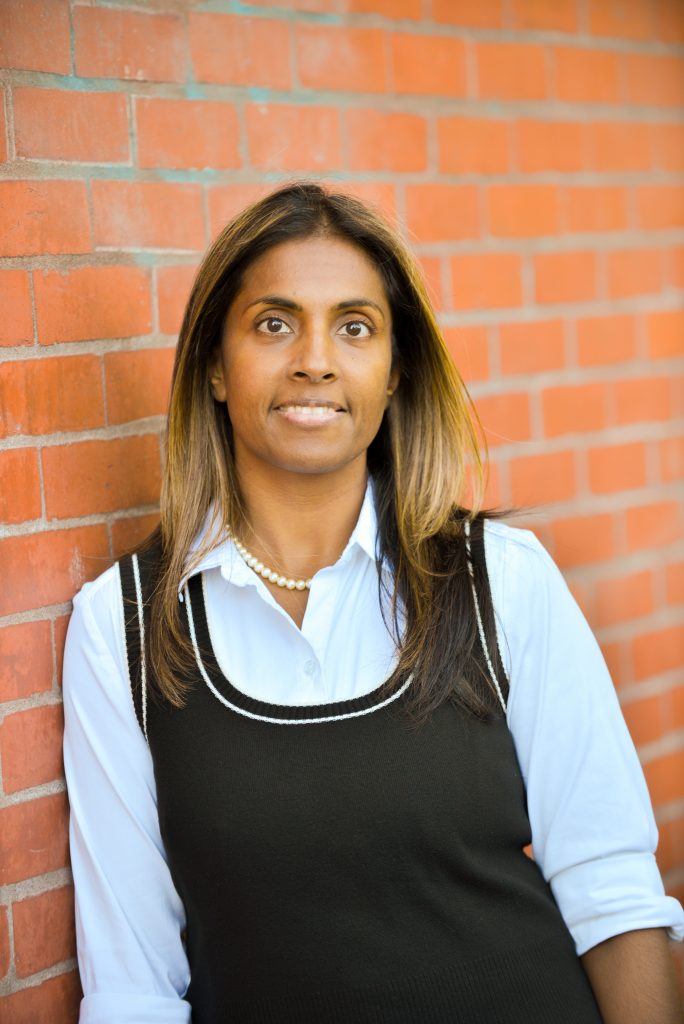
New York University, B.S., 2001; Seattle University School of Law, J.D., 2007
Bar Admissions
Washington State Bar, 2007; Oregon State Bar, 2013
Bio
The Forensic Justice Project is led by Executive Director Janis C. Puracal, a litigator with experience in trial and appellate work in state and federal courts. Janis has encouraged decisions based on sound science in civil and criminal cases and has been instrumental in advocating for changes in the law based on developments in various fields of scientific study. Janis was a young civil litigator when her brother, Jason, was wrongfully convicted in Nicaragua, and she became devoted to innocence work after she successfully represented Jason in an international campaign to win his exoneration and bring him home. Jason was freed in September 2012 after nearly two years in captivity. Janis’s work including briefing in Nicaraguan and international courts, diplomatic relations in the U.S. and Nicaragua, lobbying on Capitol Hill in Washington D.C., and media appearances on a national and international level, including CNN, Reuters, and The Today Show. Since Jason’s release, Janis has continued to work with her brother to advocate for legal reform and won awards for her pro bono contributions to social justice. She is a member of the Legal Task Group for the Organization of Scientific Area Committees for Forensic Science, established by the National Institute of Standards and Technology (NIST). She is also an adjunct professor at Lewis & Clark Law School where she teaches a course on wrongful convictions. Janis continues to work to prevent and correct wrongful convictions through the Forensic Justice Project.
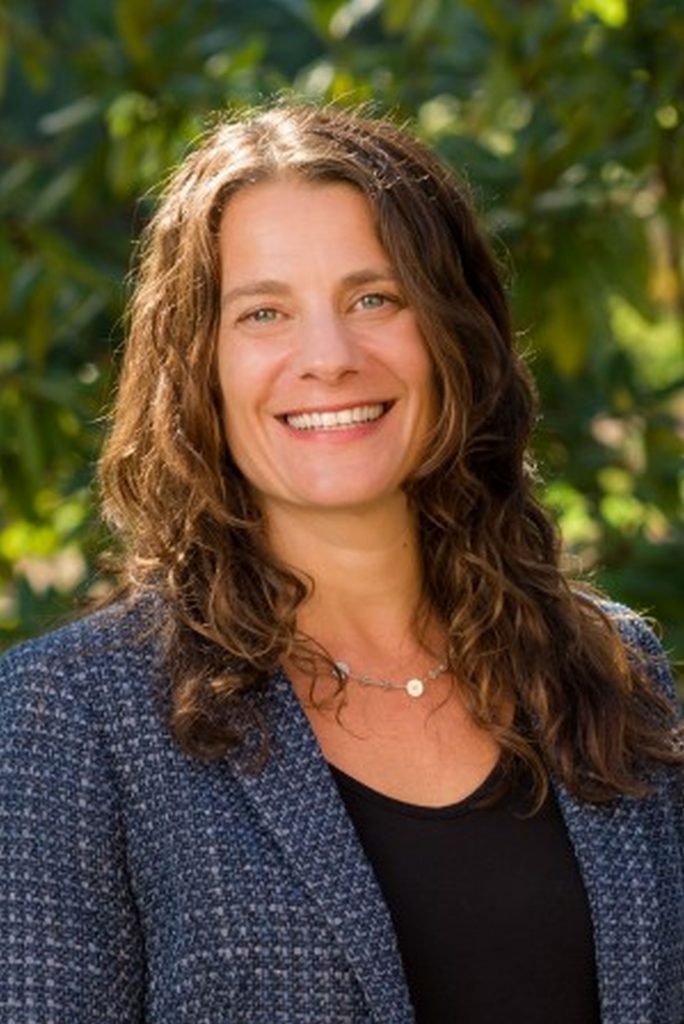
The George Washington University, B.A., 1991; Northeastern University School of Law, J.D., 1999
Bar Admissions
Massachusetts, 2000; Oregon, 2013
Bio
Professor Aliza B. Kaplan serves as Of Counsel to the Forensic Justice Project. Aliza teaches Lawyering and is the Director of the Criminal Justice Reform Clinic where students engage in a critical examination of and participation in important and complex issues and cases in the criminal justice system. She also helped create the Community Law Division at Metropolitan Public Defender and co-founded the Oregon Innocence Project. She is also a documentary film producer—the 2007 film she co-produced, My Country, My Country, was nominated for an Academy Award, and her 2010 film, The Oath, was nominated for two news Emmy Awards. Prior to teaching at Lewis & Clark, Aliza was an Associate Professor of Legal Skills at Brooklyn Law School. She was also the Deputy Director of the national Innocence Project and co-founded the New England Innocence Project. She was an associate at Testa, Hurwitz and Thibeault in Boston and served as a law clerk to the Honorable Judge Joseph E. Irenas of the U.S. District Court for the District of New Jersey. Professor Kaplan was the 2015 recipient of the Leo Levenson Award for Excellence in Teaching. She teaches, gives presentations on and researches/writes in the areas of criminal law and public interest lawyering.
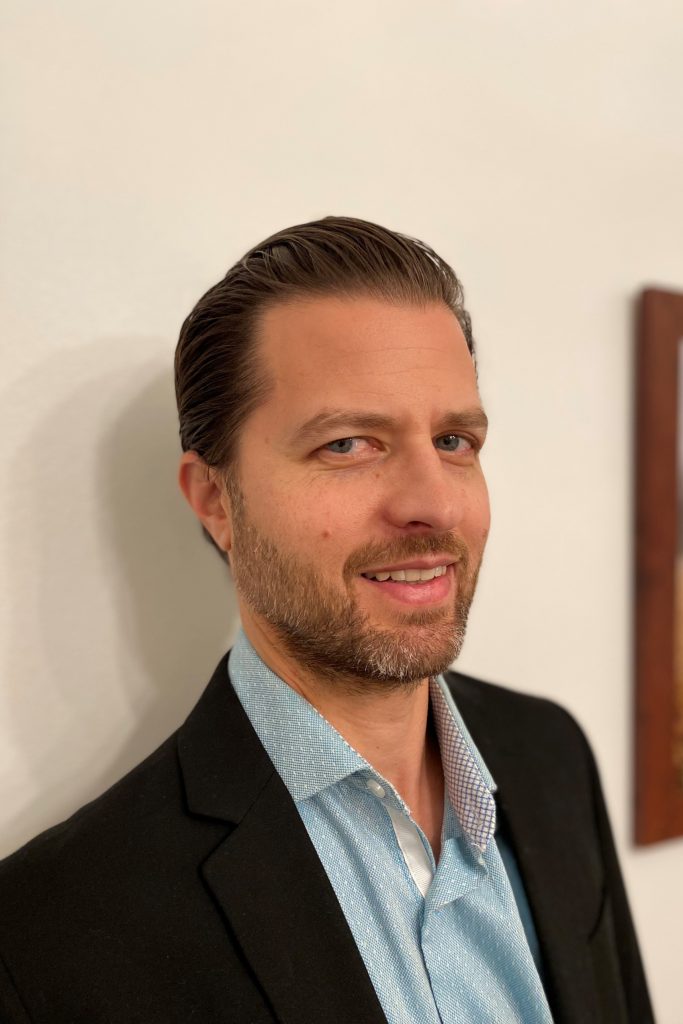
University of Michigan, B.A., 2001; University of Wisconsin Law School, J.D., 2003
Bar Admissions
California State Bar, 2016; Oregon State Bar, 2021
Bio
Byron Lichstein is a Senior Staff Attorney at the Forensic Justice Project. Byron started his career in 2003 with two clinical programs at the University of Wisconsin Law School, the Wisconsin Innocence Project (WIP) and the Criminal Appeals Project (CAP). At WIP, he worked on numerous claims of innocence in cases involving forensic science, including the exoneration of Robert Lee Stinson, a black man from Milwaukee who was freed after 23 years in prison when DNA testing identified the real perpetrator and disproved the bitemark identification underlying the original prosecution. Byron also worked on multiple cases involving inaccurate scientific testimony about shaken baby syndrome and abusive head trauma, leading WIP’s efforts in complex evidentiary hearings challenging the scientific basis for claims of child abuse. As part of his work with WIP, Lichstein also worked with legislators, prosecutors, defense lawyers, and law enforcement to implement reforms addressing the leading causes of wrongful convictions, including misleading forensic science evidence. He worked with the Wisconsin Department of Justice to implement the Department’s training programs for law enforcement officers on eyewitness identification procedures and electronic recording of interrogations. After leaving Wisconsin following more than 10 years in practice, Byron moved to California and worked for seven years as a post-conviction litigator in serious California criminal cases, often cases involving forensic science. He recently litigated the admissibility of DNA results produced by STRmix, a computer software program for analyzing complex DNA mixtures. He litigated several California post-conviction claims involving shaken baby syndrome, as well as claims involving juror bias, ineffective assistance of counsel, and changes to the law of felony murder.
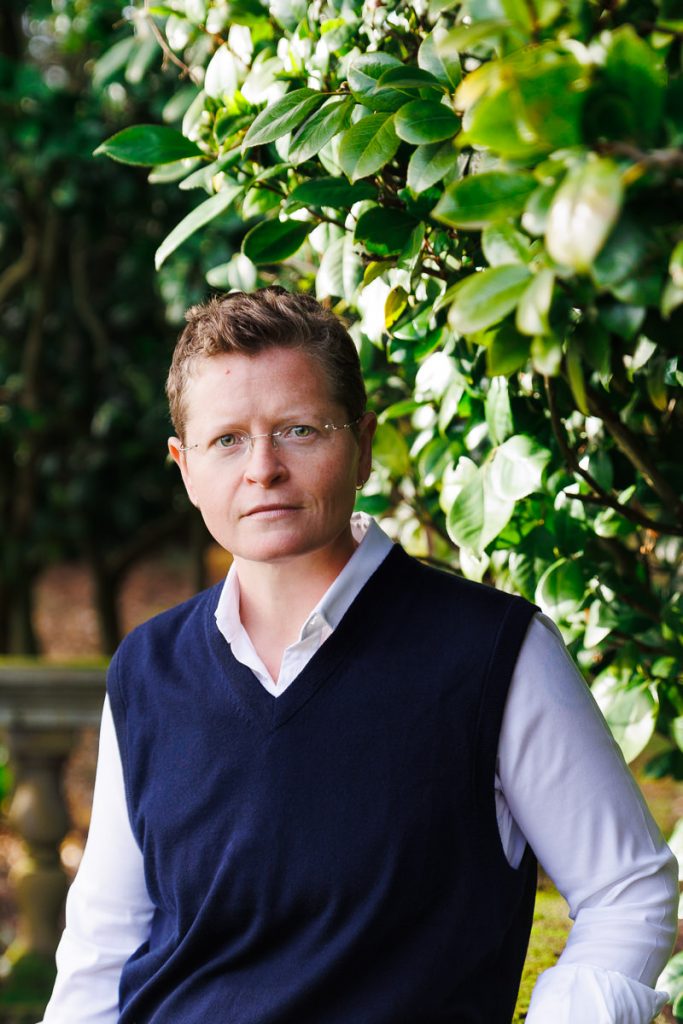
Smith College, B.A., 2001; Benjamin N. Cardozo School of Law, J.D., 2007
Bar Admissions
Massachusetts State Bar 2007; Oregon State Bar 2017
Bio
Alice grew up in Washington, D.C. before attending high school and college in Massachusetts. She first became interested in criminal law while working as a paralegal for two years for a criminal defense and civil liberties firm in Boston. That interest led her to the Cardozo School of Law, where she participated in clinical programs with the Innocence Project and Legal Aid Society. After law school, she worked for almost ten years as a staff attorney and supervisor in the Massachusetts public defender’s office. She represented more than a thousand clients in that time on charges ranging from trespass to attempted murder and everything in between. She relocated to Portland in 2017. In her spare time, Alice loves cooking, gardening, puzzles, and exploring Oregon with her family.
